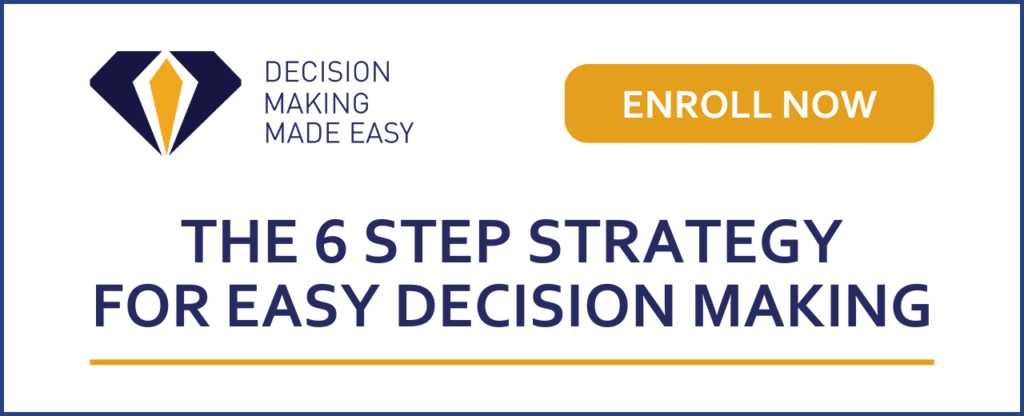
What makes a great leader? When we pose this question to different individuals, we often receive varied responses, making it challenging to establish a clear and universally accepted definition of leadership excellence. As a result, many people find it perplexing to determine how they can become exceptional leaders or even evaluate their leadership abilities.
Let’s discuss the attributes of a great leader. I have six key points to share with you regarding exceptional leadership, drawing from my personal journey of evolving from a manager who merely directed tasks to a leader who inspires and empowers. These insights have been honed through years of experience in management roles and collaboration with high-ranking executives, as success at the top of the organisational hierarchy can significantly impact the entire workforce, promoting a more harmonious and efficient workplace structure.
LeadingME®: The Foundation of Great Leadership
One key concept we will explore is LeadingME®, a program I have developed based on my extensive interactions with diverse individuals over the years. LeadingME® focuses on self-awareness and understanding, as I’ve come to realise that leadership fundamentally involves guiding individuals who choose to follow. Organisational cultures are shaped by leaders who set an example, but this influence extends beyond just the top-tier executives; it includes influential figures throughout the company. The critical aspect is whether these leaders are exemplifying the right behaviours, aligning their words with their actions, or falling into the trap of greed and unbalanced ego, which has led to the downfall of many prominent businesses.
LeadingME® revolves around achieving a balanced ego, rather than dismissing ego entirely. Recognising that ego is a natural part of being human, the key is to strive for balance. This balanced ego provides clarity about what is necessary to benefit the company, its people, and oneself. Leaders should prioritise self-improvement, but not at the expense of the organisation or its employees; it’s about striking the right balance.
To lead effectively, whether personally or within a business context, one must embark on a journey of self-discovery. This is where LeadingME® takes its root, emphasising the need for self-awareness. Leaders must intimately understand themselves—clarifying their vision, purpose, and values. These values transcend the generic ideals often associated with leadership, delving into deeply personal beliefs that influence their actions and decisions. Living in alignment with these values is critical, as straying from them can lead to dissatisfaction, stagnation and mental health issues.
Ultimately, LeadingME® empowers individuals to recognise when their current path is not serving their best interests and offers the insight and courage to initiate change within themselves, rather than seeking external blame. In essence, it’s about knowing oneself profoundly and using that knowledge to lead authentically, thus creating a positive impact on the organisation and its people.
Here are the Six Keys to Great Leadership.
Top Tip #1 Knowing Yourself
Understanding oneself is absolutely essential. Without a clear understanding of who I am, it’s challenging to find any real purpose or direction in life. When I have a strong grasp of my own identity, desires, and needs, it becomes evident whether the company I’m associated with aligns seamlessly with my values, vision, and purpose.
When I genuinely comprehend and connect with the company’s values, vision, and purpose, everything falls into place. I wholeheartedly embrace their mission and feel a deep sense of alignment. This synergy enables me to excel within the organisation, and when I bring new people on board, they too find themselves naturally contributing to the organisation’s success. It’s because we all share common values, purpose, and vision, or at the very least, we find points of convergence within these areas. Before anything else, I must truly know myself.
Top Tip #2 Understanding Your People
In leadership, it’s vital to comprehend your team members deeply. Many believe money is the primary motivator, but it’s more complex than that.
To illustrate, I’d challenge candidates during interviews: “Imagine your worst manager, and you wanted to leave your job desperately. Now, I offer you increasing amounts of money to stay—£50,000, £100,000, £200,000, half a million, even a million. Would you accept?” they all still declined because money alone didn’t suffice.
The real motivation lies in what money can offer. As a leader, I realised I must understand what motivates each team member personally. Is it family, travel, hobbies, or something else? This motivation is tied to their values and happiness.
To achieve this understanding, I engaged in genuine conversations, showing authentic interest in their beliefs and priorities. It’s not about superficial interest but about building empathy and truly grasping each team member’s individuality.
Top Tip #3 Embracing Company Vision, Values, and Purpose
The third important thing to consider is aligning with the company’s vision, values, and purpose. You must make sure that these align with your own goals and those of your team. To do this, you should involve your team in creating a vision not only for the company but also for your specific team.
Ask questions like: What do we want to achieve in 10 years, 5 years, 3 years, or even just 1 year from now? This helps us set clear goals and work toward them. Everything we do and discuss should revolve around whether it fits our values, vision, and purpose.
Many companies have a mission statement, but it’s essential to create one specifically for your team. This ensures that everyone is on the same page and rowing in the same direction. It’s crucial to share this with both existing and new team members so that everyone knows where we’re headed and can contribute effectively. If you haven’t done this yet, it’s something to prioritise.
Top Tip #4 Clarity of Direction
Once you possess a deep understanding of your goals, your team, and the company’s vision, you can transmit this clarity to your team members. This is not a matter of simply standing aside and hoping for the best, allowing your team to stumble and learn from their mistakes. Yes, there is value in allowing people to make mistakes and grow from them. However, it is equally vital to provide clear guidance and direction.
Effective leadership is not about letting your team flounder; it’s about offering unwavering guidance and support. It involves breaking down overarching objectives into manageable milestones, enabling your team to master each step along the way. By doing so, you not only facilitate their progress but also ensure that they feel valued for their contributions throughout the journey. Thus, maintaining clarity of purpose and direction remains a cornerstone of successful leadership.
Top Tip #5 Discipline and Encouragement
In leadership, striking the right balance between discipline and encouragement is key. Our recent poll highlighted that 22% of respondents valued kindness in leaders, emphasising the significance of encouragement.
Discipline, however, involves those tough conversations necessary for growth. Leaders must provide constructive feedback, guiding individuals on how to change. Avoidance only perpetuates problems.
When giving feedback or encouragement, specificity matters. Rather than vague praises, be precise in highlighting achievements and their impact. In addressing areas for improvement, pinpoint consequences and seek input on solutions.
In summary, effective leadership thrives on the interplay between discipline and encouragement, emphasising specific feedback for growth and success.
Top Tip #6 Coaching for Success
This aligns with our discussion on discipline and feedback, highlighting the power of coaching for improvement. Coaching isn’t about negativity but rather asking the right questions to spur development and success.
While discipline may sound negative, my experience has shown that effective discipline often takes the form of coaching. It involves asking questions that empower individuals to identify obstacles and strategies for overcoming them.
Coaching benefits both individuals and the company by aiding in achieving goals and fostering growth. It’s essential to remember that as a leader, your team’s performance reflects on you. Employees should also engage in self-reflection when working with superiors, seeking ways to improve personally. Leadership thrives when both parties focus on self-improvement, recognising it as the key to broader success.
To become outstanding leaders, we must continually focus on these six crucial areas. Leading effectively means finding a balance between self-awareness and understanding our team members.
Maintaining humility and clarity while providing clear direction is essential. Knowing our people, along with embracing the values, vision, and purpose, is not just vital for us but also for our team and the company’s success. Remember to encourage and utilise coaching when addressing behavioural changes. It’s all about helping our team members reach their full potential.
Make sure that you catch up every time as I continue to share insights gleaned from life experiences that can enhance your leadership skills.
As always, Stay True, Stay You, and Keep Bringing Out Your Brilliance!

















